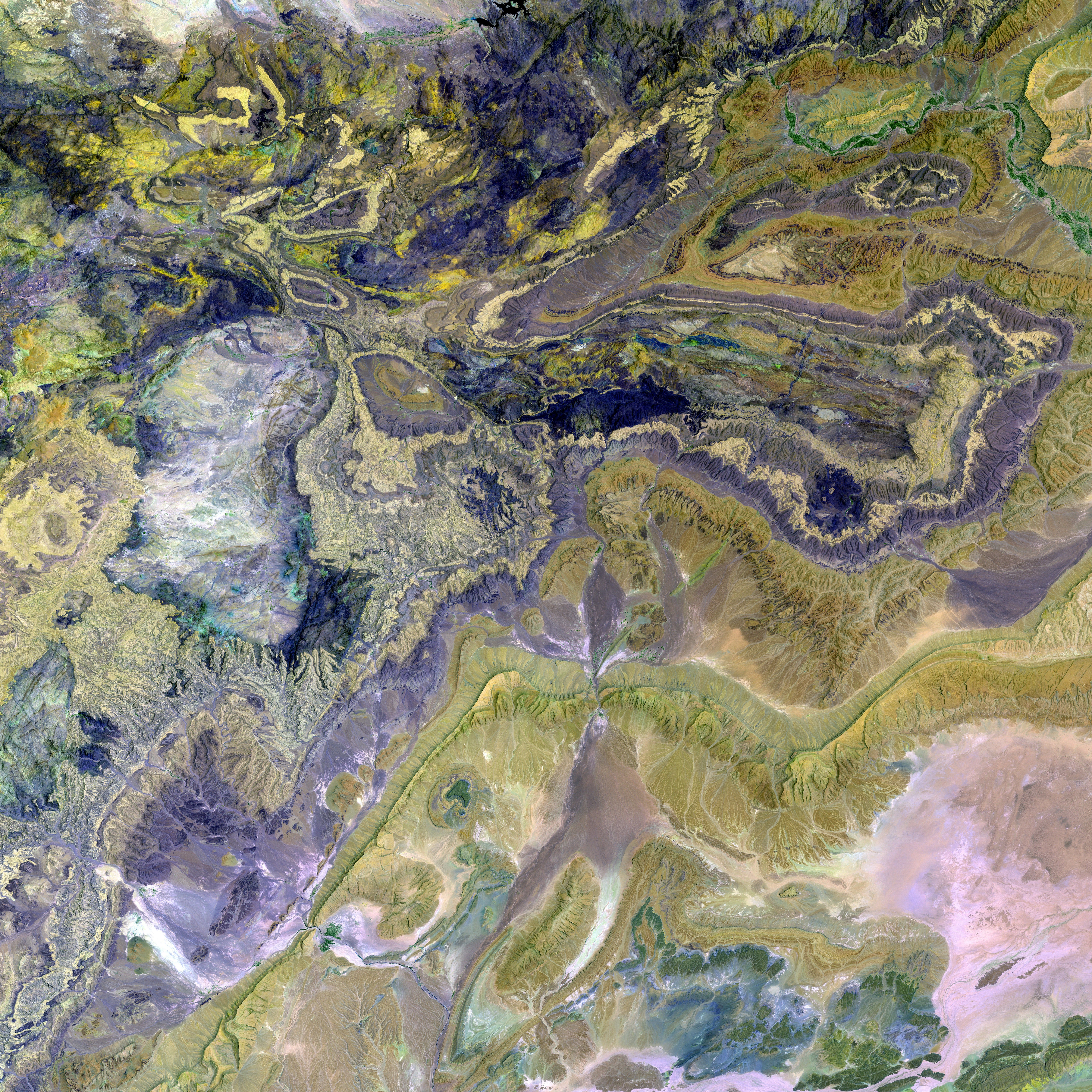Exposed: Merkel's Tacit Approval of Gazprom Deal Unveiled
Merkel Quietly Approves Gazprom Agreement
After years of controversies and whispers, the Chancellery has finally released the documents detailing Merkel's involvement in greenlighting the sale of German gas storage to Gazprom. The release comes under legal pressure, providing insight into the murky underside of German Russia policy.
As the needlepoint Russian aggression against Ukraine intensified, Angela Merkel remained silent on the sale of our gas storage facilities to the state-run Russian energy giant, Gazprom. Despite internal warnings and the previous invasion of Crimea, Merkel let the deal proceed under her watch.
In 2015, Merkel was reportedly informed that the sale would involve an asset swap, with Gazprom receiving a stake in the German gas trade, and BASF's Wintershall getting a stake in gas fields in West Siberia. In spite of recognizing the risks, the Chancellery had no legal basis to curb the transaction, and the SPD Economics Minister, Sigmar Gabriel, had no qualms about it — according to the documents.
The Chancellery has also prepared counterarguments for the inevitable backlash from Poland, Ukraine, and the Baltic states. Protests were considered inevitable due to the violation of Russia sanctions and the potential misuse of the Foreign Trade and Payments Act. However, they believed the best course of action was to "actively and transparently communicate the background (lack of legal basis, entrepreneurial decision)" to these partners.
Internal documents indicate that Merkel's administration openly supported the Nord Stream 2 pipeline project, despite presenting it as a private economic matter and adopting a neutral stance publicly. The economic benefits of the project were highlighted, with Merkel believing it would secure a substantial portion of Germany's gas supply and ensure energy security.
Controversially, Merkel's government recognized the potential risks for Ukraine, but dismissed them as insignificant, citing the possibility of "reverse flow" to ensure benefits for Ukraine. Moreover, Germany couldn't afford to oppose Nord Stream 2 due to economic interests.
The Chancellery provided 63 documents to the Süddeutsche Zeitung, following a request made in 2024 under the Freedom of Information Act. The details presented paint a striking image of German-Russia relations under the Merkel administration, challenging popular narratives and prompting questions about the true extent of their involvement.
References:
- ntv.de
- mau
- BBC News
- The Washington Post
- The New York Times
Keywords:
- Angela Merkel
- Gazprom
- Crimea
- Attack on Ukraine
- Nord Stream 2
- Sanctions
- Gas storage
- Germany
- Russia
- Energy policy
- Siberia
- The release of documents sparked debate about Angela Merkel's employment policy, revealing her administration's tacit approval for the gas storage sale to Gazprom, despite internal warnings and the potential violation of sanctions.
- The complex energy policy decisions made during Merkel's tenure, including the Nord Stream 2 pipeline project and the gas storage sale to Gazprom, have raised questions about Germany's commitment to industry, finance, politics, and general-news policies in the face of Russian aggression.
- The conflicting interests between securing Germany's energy needs and adhering to political and industry standards have been a focus of scrutiny, as documents unveil Merkel's administration's engagement with Gazprom, affecting the wider European community policy.







